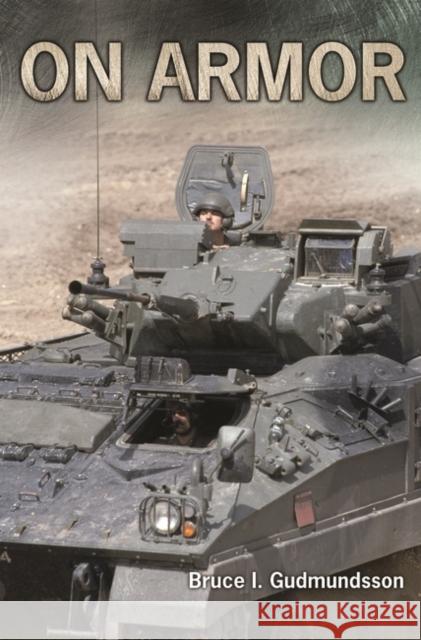On Armor » książka
On Armor
ISBN-13: 9780275950194 / Angielski / Twarda / 2004 / 234 str.
On Armor
ISBN-13: 9780275950194 / Angielski / Twarda / 2004 / 234 str.
(netto: 367,50 VAT: 5%)
Najniższa cena z 30 dni: 376,85
ok. 30 dni roboczych.
Darmowa dostawa!
"On Armor" tells three important and interconnected stories. The first is a tale of a technology, in particular, the rise and fall of the main battle tank--a type of armored vehicle that came to dominate land warfare in the middle of the 20th century but is now obsolete. The second is a history of ideas. The problem that armored vehicles created for 20th-century armies was as much about concepts of operation as it was about technology. Those who got the philosophy right did well. Those who lacked either the imagination or the intellectual capital to understand the rapidly evolving potential of the armored vehicle failed miserably. The third story is one of organization. Gudmundsson pays particular attention to how armored vehicles were combined with other forces to form an extraordinarily rich variety of units and formations. He also comments on the current and future roles various types of armor will play on the battlefield.
The main battle tank is probably the single most important fighting vehicle of the 20th century. At the same time, as Gudmundsson makes clear, it is only one of the many different types of armored vehicle that have played an important role in recent warfare. Neither the past glory nor the current obsolescence of the main battle tank can be understood without reference to vehicles such as the armored car, assault guns of various kinds, armored engineer vehicles, and armored personnel carriers. This text also explores the role that mobile operations in World War I played in fostering the development of armored warfare; the rapid decline of the French Army from its highpoint as the leading tank army in the world; the role that weapons other than the tank played in the rise of the German armored force; and the relationship between British ideas of armored warfare and the growth of the American armored force in World War I.











